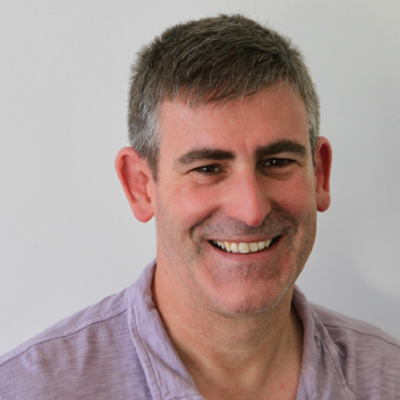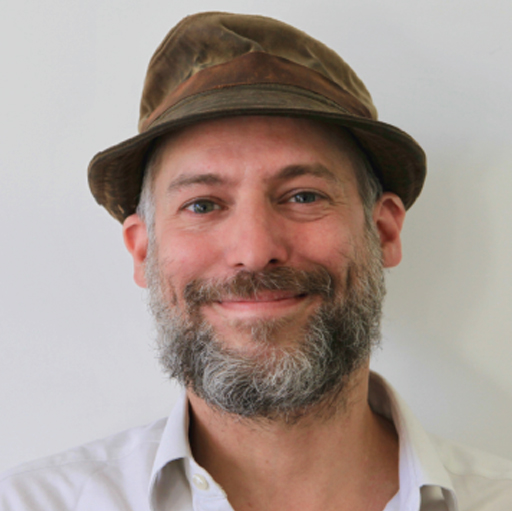IBA-SBSIC'22 offers a half-day workshop on consumer neuroscience for participants interested in how the tools of cognitive neuroscience can help understand and improve the consumer experience. The workshop will combine talks and interactive sessions.
Experts in neuroscience have been invited to conduct this half-day workshop and they will be happy to meet with you and discuss additional learning opportunities on the relevant topic. Profiles of the workshop presenters is given below. The consumer neuroscience workshop is open and free for all attendees. Please register your interest at callforpapers.php
The appeal of consumer neuroscience
The workshop begins with presentation of a simple framework for understanding neuroscience's role in marketing. Daniel Kahneman dispelled the myth that people are rational decision makers and demonstrated how subconscious factors such as emotion, biases, and heuristics influence our choices, often in ways we are unaware of. Even when these processes are unconscious, the information is still present in the brain and, therefore, there is considerable potential to use the tools of neuroscience to measure brain responses to offer a better understanding of consumer behaviour.
Measuring audience engagement with biometrics
Narrative provides a powerful tool for engaging audiences, but measuring engagement can be challenging. Through presentation of a case-study with Audible, one of the main retailers of audiobooks, the workshop will investigate the extent to which the delivery medium of a story (audio or visual) affects conscious and sub-conscious engagement with the narrative, and demonstrate that this imaginative process in the listeners' mind is detectable on the skin at their wrist.
Tracking attention and cognition with eye movements
The way that the eye moves reveals how the brain construct experience of the world around it, and how this is shaped by expectations and beliefs. They can tell us how consumers attend to marketing materials, encode information, and make purchasing decisions. Since eye movements can now be measured with great accuracy by low cost, portable devices, they are an invaluable tool for consumer neuroscientists.
Can EEG measure emotion?
Neuromarketing firms that use electroencephalography (EEG) to measure emotion typically rely on a measure called "frontal alpha asynchrony," or FAA. How valid is FAA as a measure of emotion? Here, the workshop will review a recent evidence that calls into question the utility of FAA but provides an alternate method for using EEG to quantify emotional arousal. An example will be presented on how EEG is used to enhance digital product design to improve user experience.
Future directions
The workshop will end with a brief review the current state of neuromarketing, highlighting trends that we expect to see develop more fully in the next 5-10 years.
Meet the Team

Professor Joe Devlin
Joe started in artificial intelligence but found himself more interested in how the human mind works. After training in neuroimaging at Cambridge and Oxford, he established a reputation as a leading researcher in how the human brain processes language before taking up posts as Head of Experimental Psychology and then Vice-Dean (Innovation & Enterprise) at UCL. Joe's collaborations with corporate partners include Audible, Vue cinemas, Finecast, the rail industry, and Encore Tickets. His research has been featured in CNN, the BBC and the Times, among others. Joe has published >80 scientific articles in international journals.

Professor Daniel Richardson
Daniel is a Professor of Cognitive Psychology at UCL where his research examines how cognitive processes are grounded in the body,the environment and the social world. We are a social species; people rarely think and act in isolation. Daniel is a pioneer in embodied cognition methods such as eye tracking and biometric measurements. He has worked with the London Science Museum, Desperados, Finecast, the BBC, and Google. Daniel is the author of Man versus Mind, Social Psychology for Dummies, and has published more than 60 articles in international scientific journals.

Dr. John Hogan
As a neuroscientist at UCL, John investigates the early visual processes involved in reading. When not in the neuroimaging lab, John works on research projects with corporate clients aimed at improving our understanding of human judgement and decision making. With over 10 years of consultancy experience, John has provided research services for clients such as Virgin Media, Amazon Audible, Deliveroo, and Nestlé. John has published 4 articles in international scientific journals.

